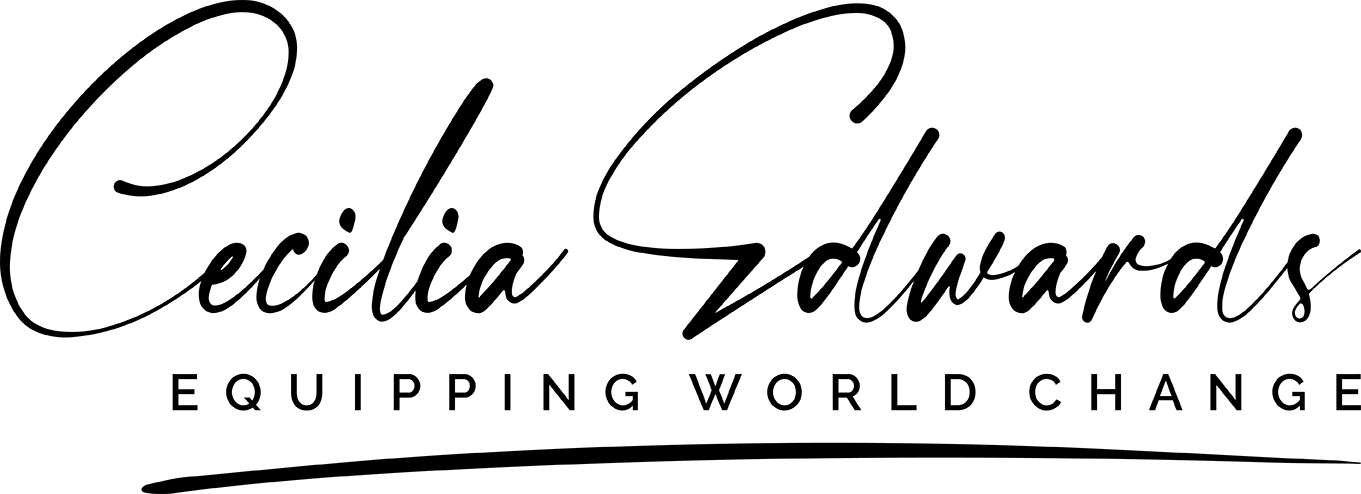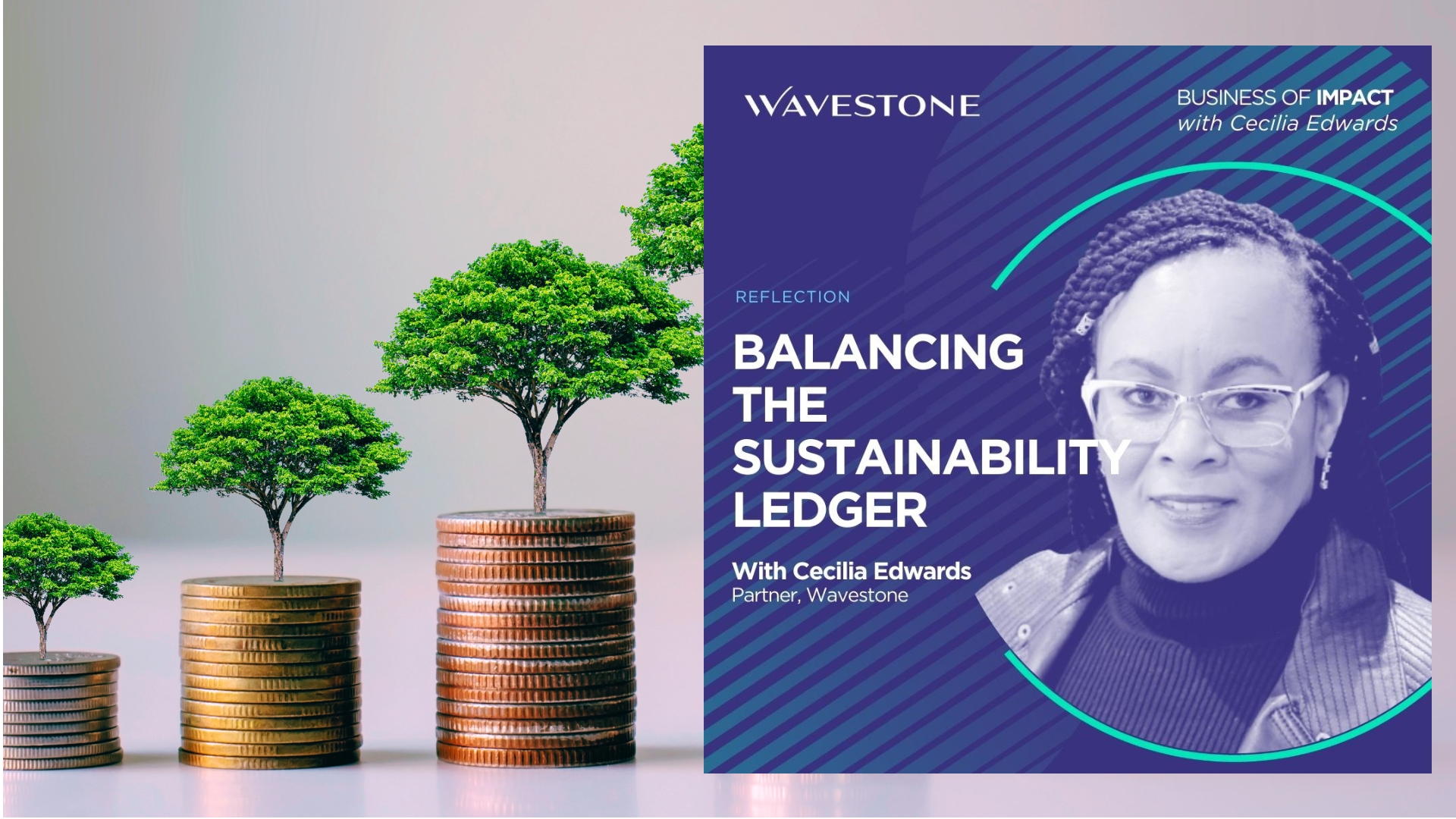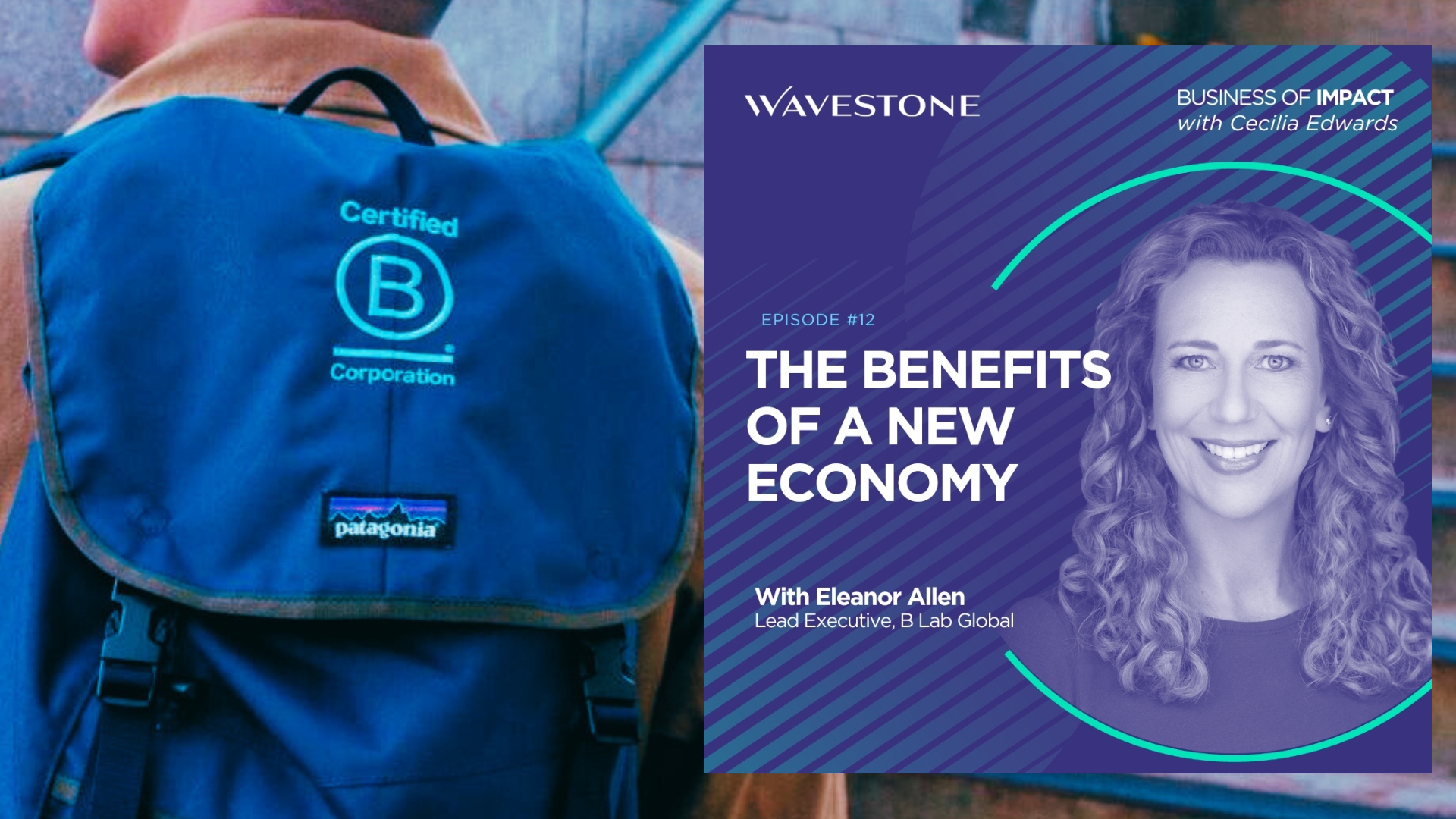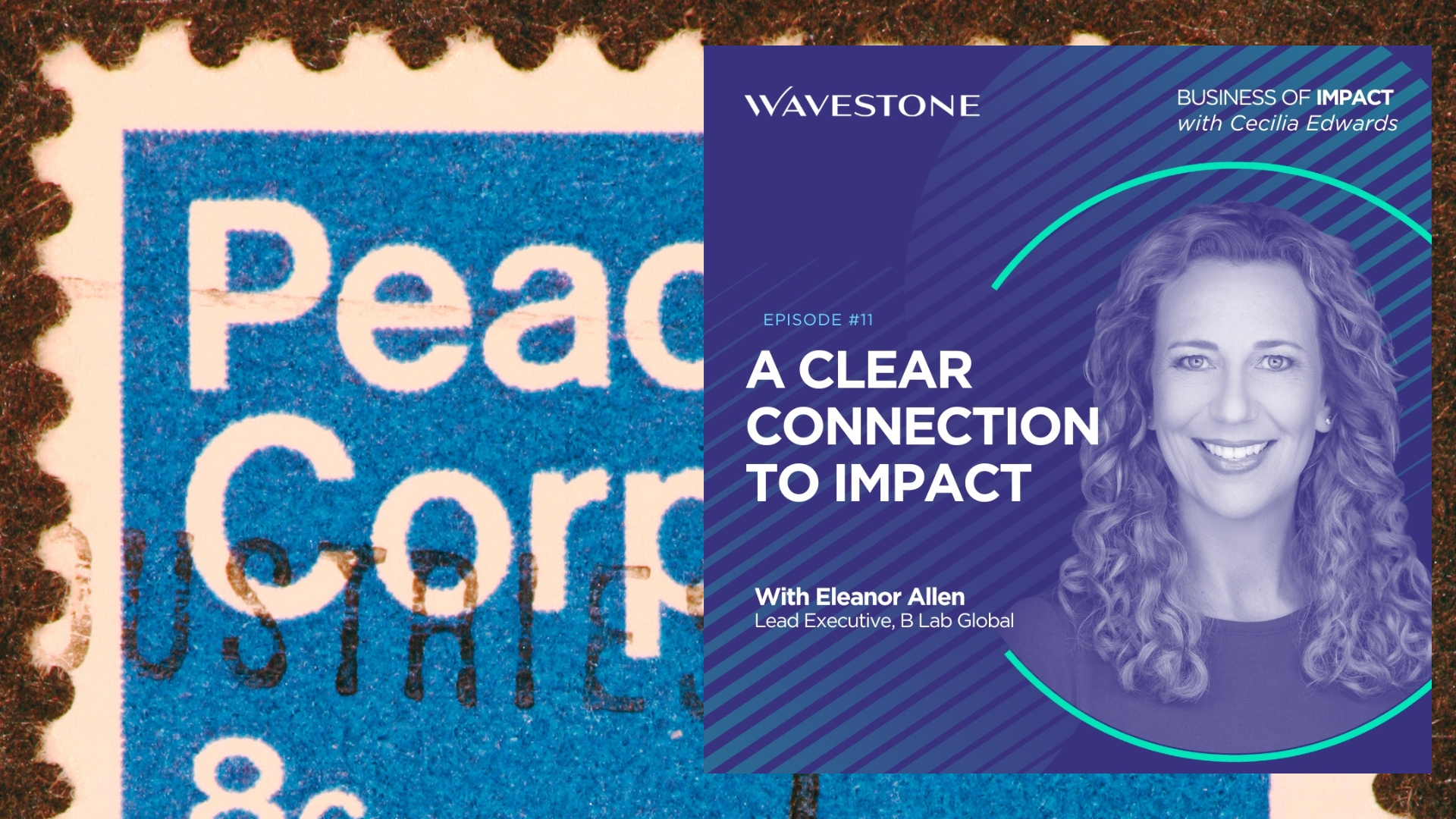Is sustainability at odds with profitability? In this week’s reflection…
Episode 4 with Karine Rouge | Prioritizing Beyond the KPIs
Do we stand a chance of realizing positive change in our world if CEOs focus solely on business KPIs?
This week’s guest on The Business of Impact finds KPIs necessary but certainly not sufficient for leaders who feel called to have an impact that extends beyond their company’s bottom line. Tune in as I continue my conversation with Karine Rouge, Veolia North America’s Municipal Water CEO, as we discuss how she navigates the turbulent waters of gaining broader acceptance of water reuse.
#cleanwater #waterreuse #karinerouge #veolia #collaborativetransformation
Show Notes
About the Guest(s):
Karine Rouge is the Chief Operating Officer of Veolia North America’s Municipal Water Services. With over a decade of experience in leading strategic transformations in the digital, municipal, and industrial water sectors, Karine has built cutting-edge teams, solutions, and services to address global water treatment challenges. She is currently focused on wastewater reuse, a strategy that eliminates water insecurity issues and protects water supplies.
Episode Summary:
In this episode, host Cecilia Edwards continues her conversation with Karine Rouge about the challenging issue of wastewater reuse. Karine emphasizes the importance of collaboration and stakeholder engagement in addressing water reuse, as different communities have varying needs and concerns. She discusses the resistance to wastewater reuse and the need to change hearts and minds through education and fact-based discussions. Karine also highlights the role of global companies like Veolia in accelerating these discussions and guiding local communities in implementing water reuse solutions.
Key Takeaways:
- Water reuse is a strategy that involves using treated wastewater for various purposes, such as industrial cooling or irrigation, instead of using drinking water. It helps conserve water resources and protect ecosystems.
- The complexity of water reuse requires an inclusive and multi-stakeholder approach. Different communities have different needs, whether it’s equity, competitiveness, or resilience, and these factors must be considered in decision-making.
- Education and fact-based discussions are crucial in changing perceptions and overcoming resistance to water reuse. There is a need to increase awareness and understanding of the water cycle, infrastructure, and the benefits of water reuse.
- Local decision-making plays a significant role in implementing water reuse solutions. Federal regulations can create momentum, but local communities need to adapt and make decisions based on their specific circumstances.
- Global companies like Veolia can serve as connectors and resources for local communities, helping them navigate the complexities of water reuse and guiding them towards sustainable solutions.
Notable Quotes:
- “In order to do [water reuse] successfully at the local level, you need to be able to plug into a real, multi-stakeholder discussion. Because maybe the water issues in your community or the neighboring community are going to be coming from very different types of needs.” – Karine Rouge
- “The education effort must occur on many fronts. Global thought leaders, federal funders, and regulators, local municipalities, and the general citizenry. We must all remember to spend as much time to address the human side of transformation as we do on the technical one.” – Cecilia Edwards
Resources:
- Veolia North America
- Seth Siegel’s book “Troubled Water”
- Seth Siegel’s book “Let There Be Water”
- Patagonia
To listen to the full episode and gain more insights into the challenges and opportunities of wastewater reuse, tune in to the podcast. Stay engaged, stay curious, and keep making an impact with “The Business of Impact” podcast.



